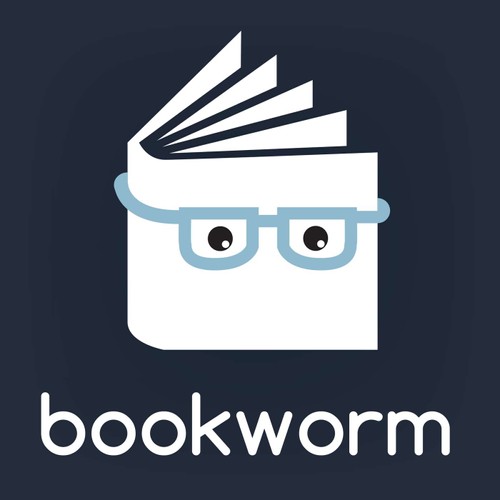
 Bookworm
Bookworm 109: Bowling Alone by Robert Putnam
27 snips
Dec 25, 2020 Dive into a thought-provoking exploration of how social behaviors in America have evolved. Discover the alarming decline in community engagement and its implications for personal and civic health. The discussion navigates the impact of technology on connections and the crucial need for in-person interactions. Hear about the changing landscape of social capital, including the role of faith in community life. Lastly, the conversation emphasizes innovative approaches to rebuilding community in a digital age, against a backdrop of isolation and polarization.
AI Snips
Chapters
Books
Transcript
Episode notes
Public Rome Research Graph
- Mike Vardy will create a public Rome Research graph of his book notes.
- Premium club members will get access to this graph for interconnected notes and insights.
Struggle with Creative Practice
- Mike Vardy discusses his struggle to find a consistent daily practice of creating.
- He's been busy hiring an IT assistant, impacting his regular creative time.
Daily Writing Habit
- Joe Bulig has been trying to establish a daily writing habit.
- He aims to publish five posts a week on faithbasedproductivity.com and create a weekly newsletter.

















